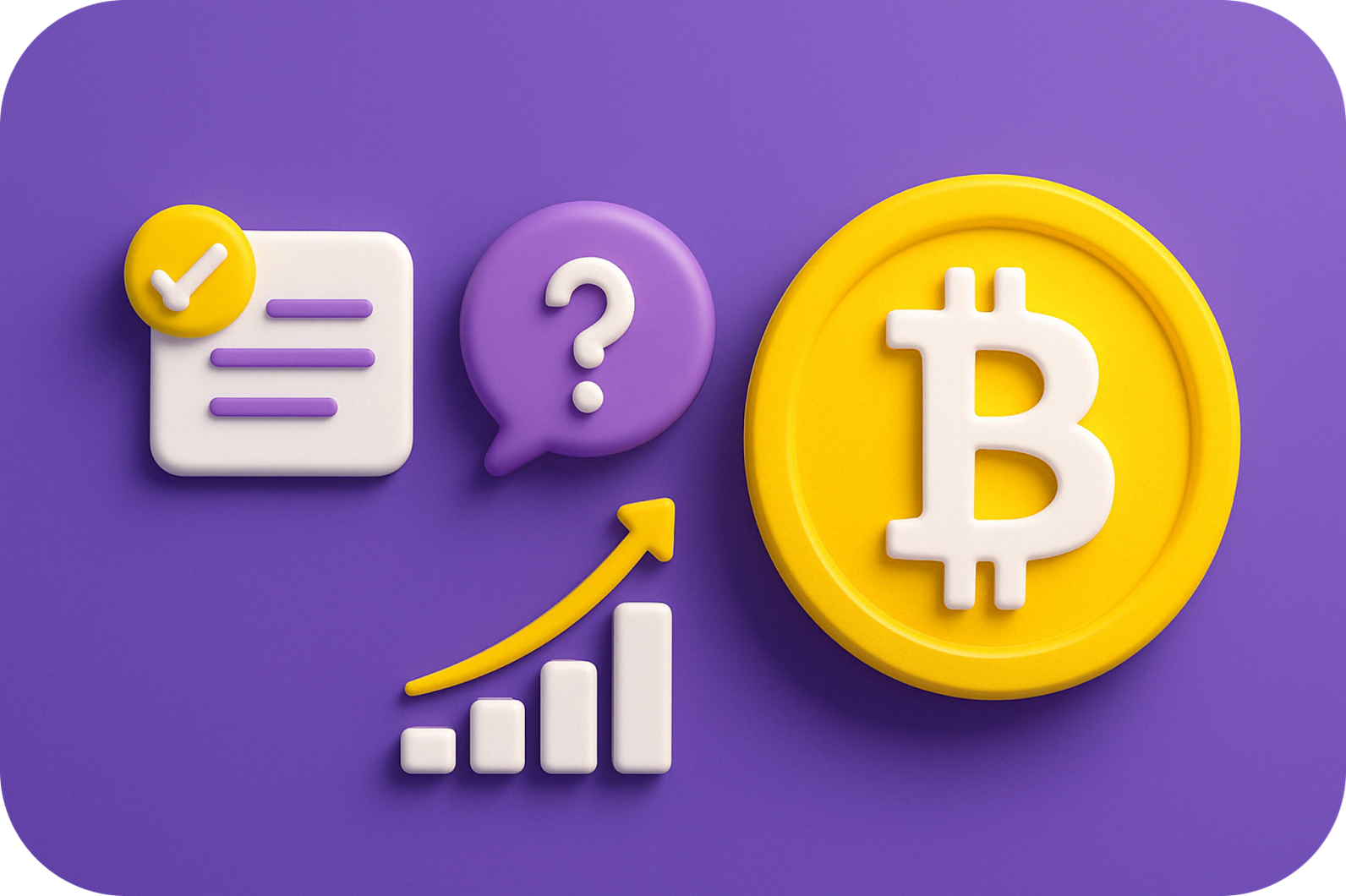Cryptocurrency for Beginners: A Simple Guide
Cryptocurrency has become one of the most talked-about innovations in modern finance. It promises freedom from traditional banks, new investment opportunities, and greater control over your money. But what exactly is crypto? Where did it come from? And is it worth getting involved in 2025?
Let’s break it down step by step.

A Brief History of Cryptocurrency
Cryptocurrency began in 2009 with the launch of Bitcoin. Its mysterious creator, known as Satoshi Nakamoto, introduced blockchain technology — a decentralized way to process transactions without banks.
Bitcoin was born as a response to the 2008 financial crisis, aiming to give people more control over their money. Since then, the crypto space has exploded with thousands of coins like Ethereum, Litecoin, Ripple, and more.
Each has its own purpose: some are investment assets, others are used for fast transactions or decentralized apps.
What Is Cryptocurrency?
Cryptocurrency is a digital form of money that exists only online. It’s powered by blockchain, a secure and transparent system that records every transaction.
Why do people use cryptocurrency?
- Financial freedom – No banks, no government interference
- Investing – Many hope to earn from price increases
- International transfers – Fast, low-cost money movement
- Privacy – Many coins offer enhanced data protection
Is It Hard for Beginners to Start?
Crypto may seem confusing at first, but getting started is easier than it looks.
Here’s a simple path for beginners:
- Learn the basics – Start with Bitcoin and Ethereum
- Choose a platform – Use a trusted exchange to buy coins
- Set a budget – Only invest what you’re prepared to lose
- Store safely – Use a cold wallet for better security
Crypto vs Traditional Money
| Feature | Traditional Money | Cryptocurrency |
|---|---|---|
| Form | Physical & digital | Only digital |
| Controlled by | Government & banks | Decentralized network |
| Transparency | Often limited | Full on-chain visibility |
| Supply | Printed by central banks | Pre-set or limited |
| Use cases | Spending & saving | Investing, transfers, dApps |
Crypto offers flexibility and innovation, but it also comes with risks — especially price volatility.
Types of Cryptocurrency
There are thousands of cryptocurrencies, but they generally fall into four groups:
- Traditional coins – Like Bitcoin, used for payments or storing value
- Platform tokens – Like Ethereum, powering blockchain apps and smart contracts
- Stablecoins – Like USDT, pegged to the US dollar to reduce volatility
- Meme coins – Like Dogecoin, often driven by online hype
What Should Beginners Buy?
If you’re just starting out, focus on reputable coins:
- Bitcoin (BTC) – The original crypto and most widely trusted
- Ethereum (ETH) – Great for understanding the world of smart contracts
- Stablecoins – Good for reducing risk and testing crypto without major price swings
Final Thoughts
Cryptocurrency opens the door to a new financial world. With a bit of learning and the right tools, anyone can get started — even in 2025. Whether you're here to invest, explore, or simply understand what crypto is all about, this space has something for everyone.
